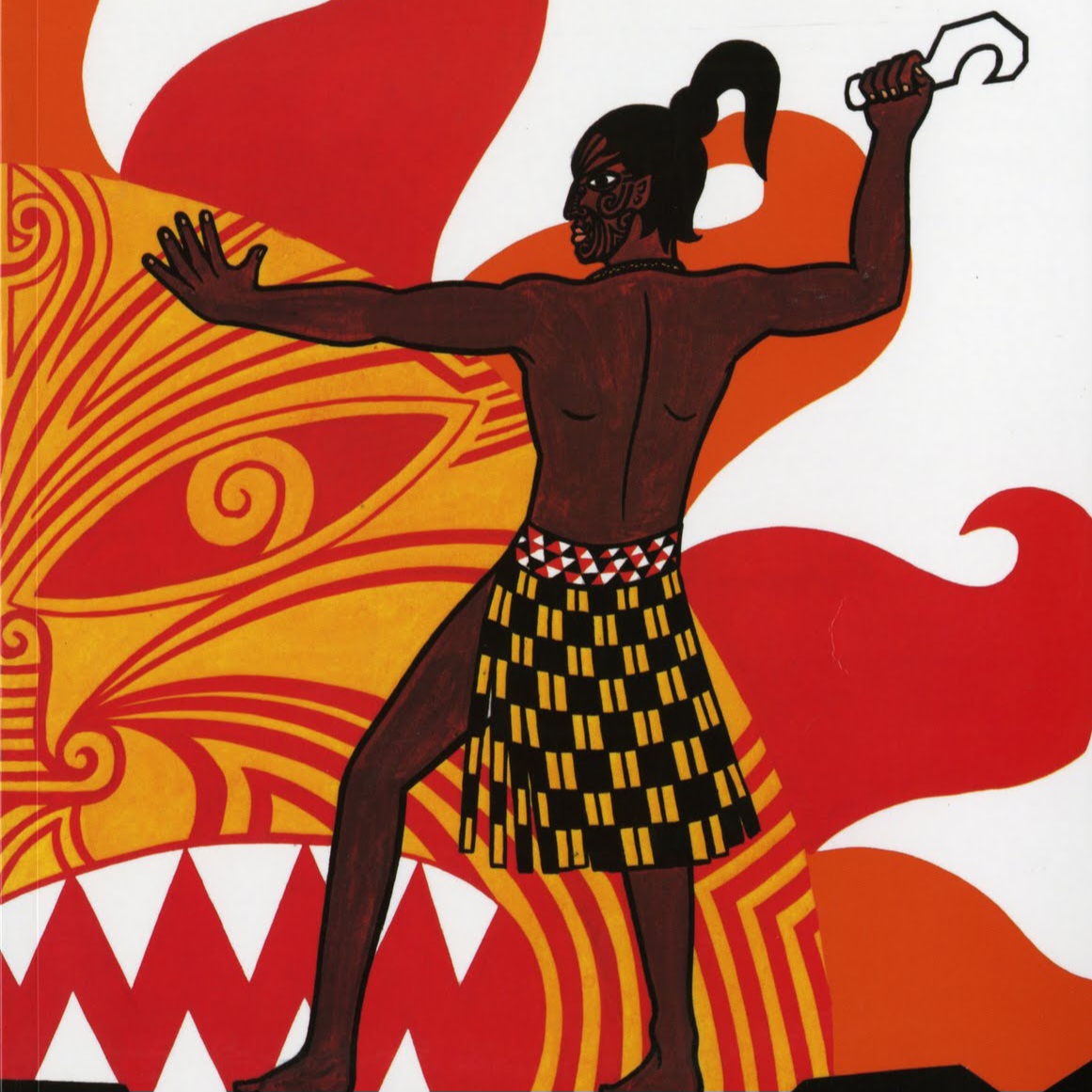So I’m a New Zealander and I have a pretty good idea on how the electoral college system works but it honestly sounds like something that can be easily corrupted and it feels like it renders the popular vote absolutely useless unless I’m totally missing something obvious?
So yeah if someone could explain to me what the benefits of such a system are, that would be awesome.
Edit - Thanks for the replies so far, already learning a lot!


I’m not sufficiently educated on the subject so I can’t argue either way, but the defense I usually hear is that the sparse farmland states and the densely populated city states have different needs, and that the majority of the population living in cities shouldn’t be making decisions for the rest of the country. So it gives each state an equal say in the executive branch; Otherwise the most populated states hold all the power.
If there’s a problem with this defense of its pro’s, please educate me. I’m not being sarcastic.
I think you’re thinking of the Connecticut Compromise, which established a bicameral Congress with a population-weighted House and state-weighted Senate.
The most populated states still hold a lot of power in # of votes in electoral college. It’s not inherently good that small states hold a disproportionate power (vs population) in the electoral college.
In the real world, states may as well vote together as blocks. Only a few states flip to a different party every election.